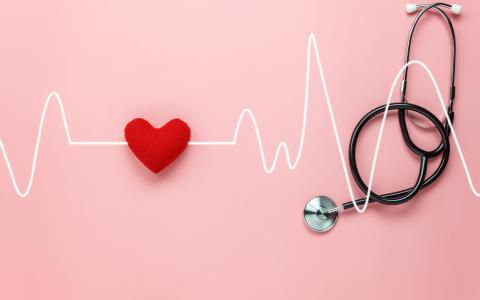
(Florida Today) -- I see a wide variety of local clients every day and there are some pretty significant questions that I get — some of those are relevant to the larger community.
This column serves as a way to answer the most frequently asked mental health and wellness questions for the benefit of all Space Coast residents.
Q: I have been working for 12 years with a very large and successful corporation. I’ve worked my way up the ranks and my position is pretty high stress.
I was always raised to work hard, so I don’t mind putting in the hours and appreciate the life it affords my family.
However, I’m starting to become concerned about the effects this job could have on my health. I’ve seen quite a few of my leaders end up in the hospital for various health issues.
This past week my direct supervisor suffered a heart attack. He was really lucky to have survived. He told me he thought the job was literally killing him.
Is it actually possible that the stress of the job caused my supervisor to have a heart attack?
A. Being under a state of stress impacts our bodies physically, mentally and emotionally.
Work related stress can often lead to behaviors that increase an individual’s risk for heart disease including overeating, drinking, smoking cigarettes and limiting exercise.
The human stress response mirrors that of a wild animal. Stress triggers the part of your brain called the amygdala, which is responsible for the fight or flight response.
The amygdala doesn’t know the difference between you being late for a meeting or being attacked by a tiger.
Its function is to alert the body there is potential danger and prepare for survival. The body responds in multiple ways including releasing the adrenaline “stress” hormone, increasing heart rate, breathing and blood pressure, while shutting down systems not immediately needed for survival including the digestive system, cell replacement and immune system.
While wild animals have brief moments of stress and return to a state of rest to allow the body to recover, we have a tendency to keep our bodies in a state of stress for long periods of time with little to no recovery period.
Consider what effect this has on an individual who is prone to high cholesterol or suffers from cardiovascular issues.
The biological impact on our bodies leads us to feel drained and tired. We react by eating fast yet unhealthy meals. We lose focus and neglect important areas of our life, such as relationships.
Many will lean on alcohol or drugs in an attempt to escape the feeling of stress. What started off as non-life-threatening stress can snowball into a very unhealthy situation.
The key to effectively managing stress is giving yourself permission to take regular emotional breaks.
Balance your time with work, marriage, family, leisure, spirituality and exercise.
Most importantly, do not ignore signs of stress including headaches, tense muscles, weight gain or loss and digestive issues.
This is your body’s way of communicating to you it’s time to slow down. During times of stress be sure to choose healthy coping techniques such as deep breathing, talking to a loved one or professional, journaling, going for a walk or meditating.
Sometimes important lifestyle changes are necessary to maintain a healthy mind and body.



